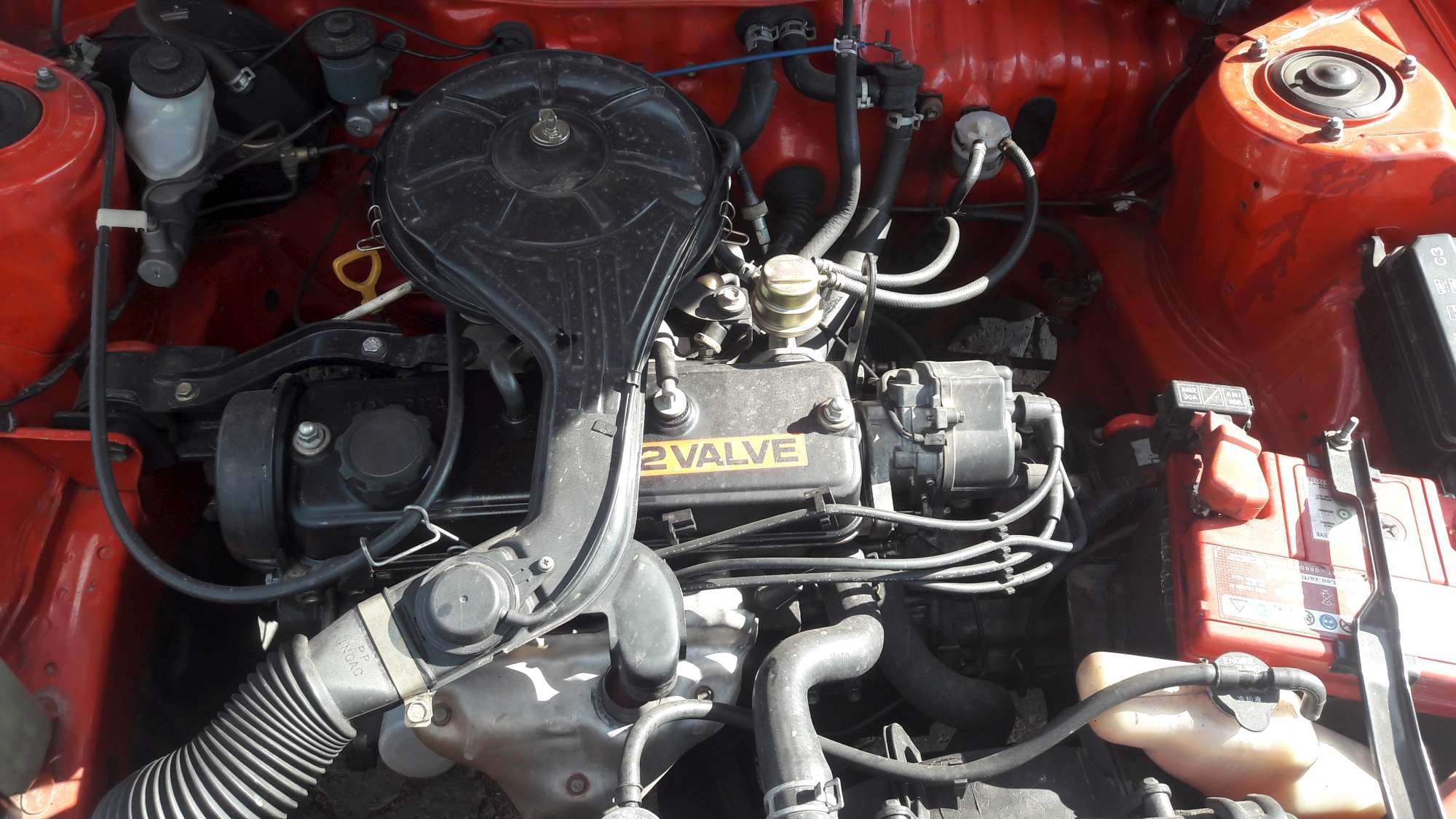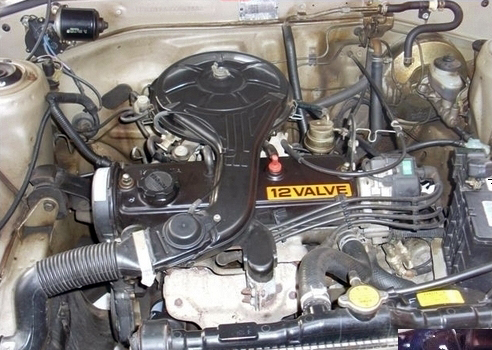Engine Acquiring Professional Tips on Choosing the Right Engine for Your Particular Demands
Choosing the right engine for your certain demands involves a complicated interaction of elements that go past mere horse power figures. By delving right into the details of power versus performance, reviewing gas scores, and budgeting for lasting costs, one can absolutely enhance their engine choice.
Power Vs. Performance: Locating the Equilibrium

When selecting an engine, it is critical to strike an equilibrium between power and effectiveness to meet your details requirements properly. Power refers to the engine's capacity to generate energy for propulsion, determining variables like acceleration, lugging capacity, and general efficiency (Toyota Tazz Engine For Sale). On the other hand, effectiveness relates to exactly how well the engine uses fuel to generate power, affecting elements such as gas economic climate and environmental kindness
Achieving the appropriate equilibrium between power and effectiveness is crucial because an engine that is as well effective might eat too much fuel, causing greater operating expense and unnecessary pressure on the environment. Conversely, an engine that focuses on performance over power might lead to slow-moving performance, especially in requiring circumstances like hauling hefty tons or driving uphill.
To make an educated decision, take into consideration aspects such as your normal driving problems, the intended use the vehicle, and your individual preferences. By reviewing your top priorities and requirements, you can pick an engine that strikes the best equilibrium between power and effectiveness, making sure ideal performance while minimizing environmental influence and operating expense.
Recognizing Engine Size and Kind

Typical engine kinds consist of inline engines, V engines, and rotating engines, each with its one-of-a-kind benefits and drawbacks. Recognizing the interplay between engine size and type is vital in choosing an engine that aligns with your details requirements and top priorities, whether it be power, performance, or a balance of both.
Consider Your Car's Requirements
If you are looking for an engine for a heavy-duty truck that will be made use of for towing, you will certainly require a powerful engine with high torque capabilities. On the various other hand, if you are choosing an engine for a portable car primarily used for city commuting, fuel efficiency may be an extra essential element to think about.

Evaluating Gas Performance Scores
Assessing fuel performance ratings is an essential aspect of picking the best engine for your automobile, making certain price financial savings and environmental sustainability. Gas effectiveness ratings, generally measured in miles per gallon (MPG) for gasoline engines or kilowatt-hours per 100 miles (kWh/100 miles) for electrical engines, show how far a lorry can take a trip on a certain informative post quantity of gas or electrical power. Higher MPG or reduced kWh/100 miles worths symbolize a lot more reliable engines, equating to decreased fuel prices and lower carbon discharges.
Additionally, contrast different engine alternatives within the very same automobile class to recognize the most affordable selection. Factors such as engine size, weight, aerodynamics, and hybrid or electric abilities can all affect gas effectiveness.
Budgeting for Long-Term Costs
Purposefully intending for long-term expenditures is necessary when picking an engine, making certain economic sustainability over the car's lifespan. While the initial acquisition cost of an engine is a considerable variable, it is essential to take into consideration the lasting costs connected helpful hints with maintenance, fixings, and gas usage. Opting for an extra fuel-efficient engine might have a higher ahead of time cost however can cause considerable financial savings with time. Normal maintenance, such as oil modifications, filter substitutes, and tune-ups, is important to maintain the engine running efficiently and efficiently, reducing the risk of pricey repair work down the line.
In addition, investigating the accessibility and cost of substitute parts for the selected engine is vital in spending plan planning. By carefully budgeting for these long-term costs and factoring them into the decision-making procedure, people can choose an engine that not just satisfies their prompt requirements however additionally remains affordable throughout its life-span.
Conclusion
In conclusion, picking the appropriate engine for your details demands calls for stabilizing power and efficiency, comprehending engine size and type, considering your car's needs, evaluating gas effectiveness scores, and budgeting for long-lasting prices. By meticulously thinking about these variables, you can ensure that you choose an engine that meets your demands and supplies ideal efficiency for your car.
To better fine-tune the choice procedure of an engine that strikes the ideal balance between power and performance, it is important to dive right into the details of understanding engine dimension and kind. Engine dimension refers to the complete volume of air and gas that can be pushed with the see it here engine cylinders. Common engine types consist of inline engines, V engines, and rotating engines, each with its unique advantages and downsides. Comprehending the interaction between engine size and kind is crucial in picking an engine that straightens with your specific demands and top priorities, whether it be power, performance, or an equilibrium of both.
Gas performance ratings, normally determined in miles per gallon (MPG) for gasoline engines or kilowatt-hours per 100 miles (kWh/100 miles) for electrical engines, suggest exactly how much a car can travel on a specific amount of fuel or electrical power.